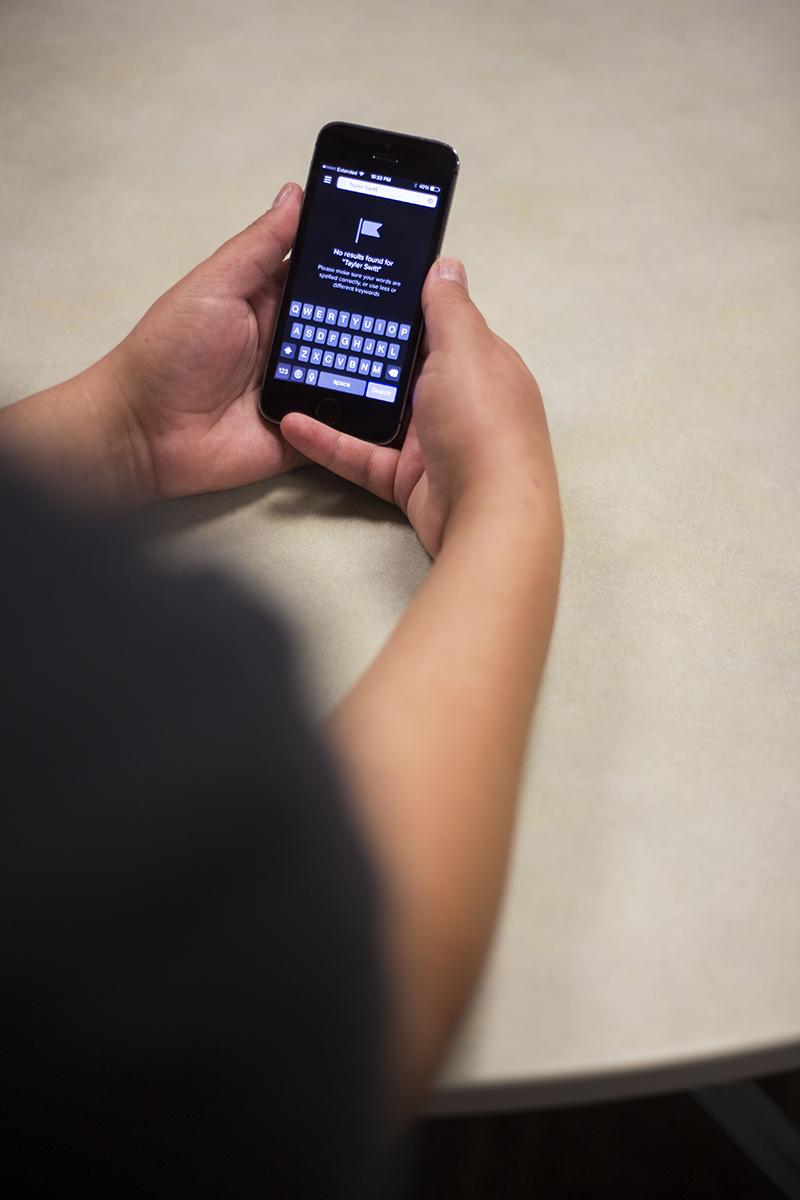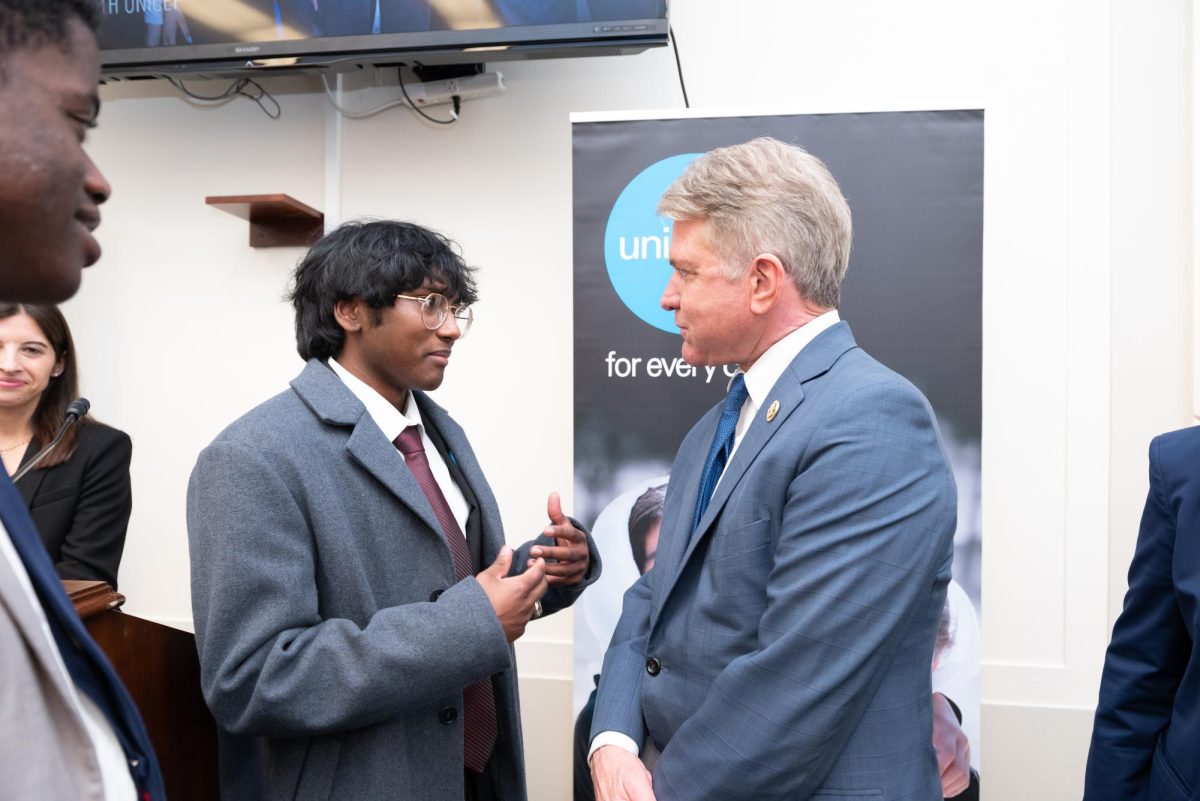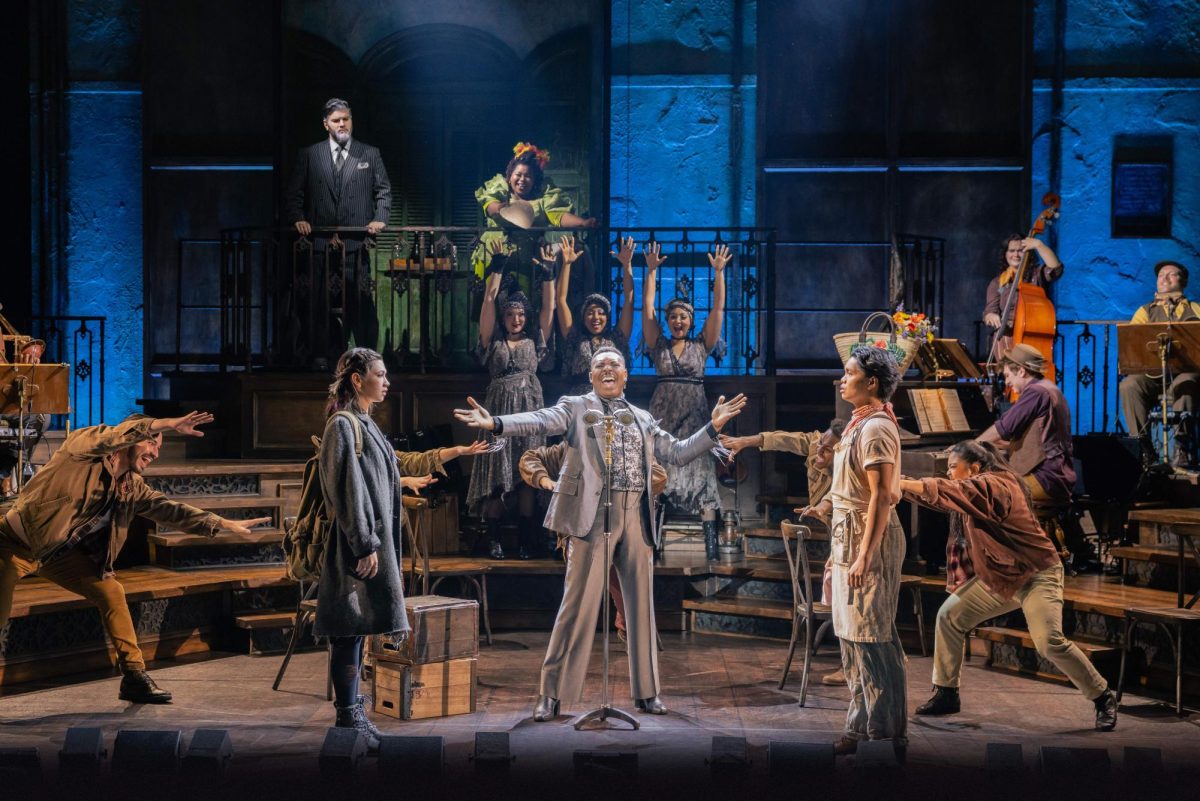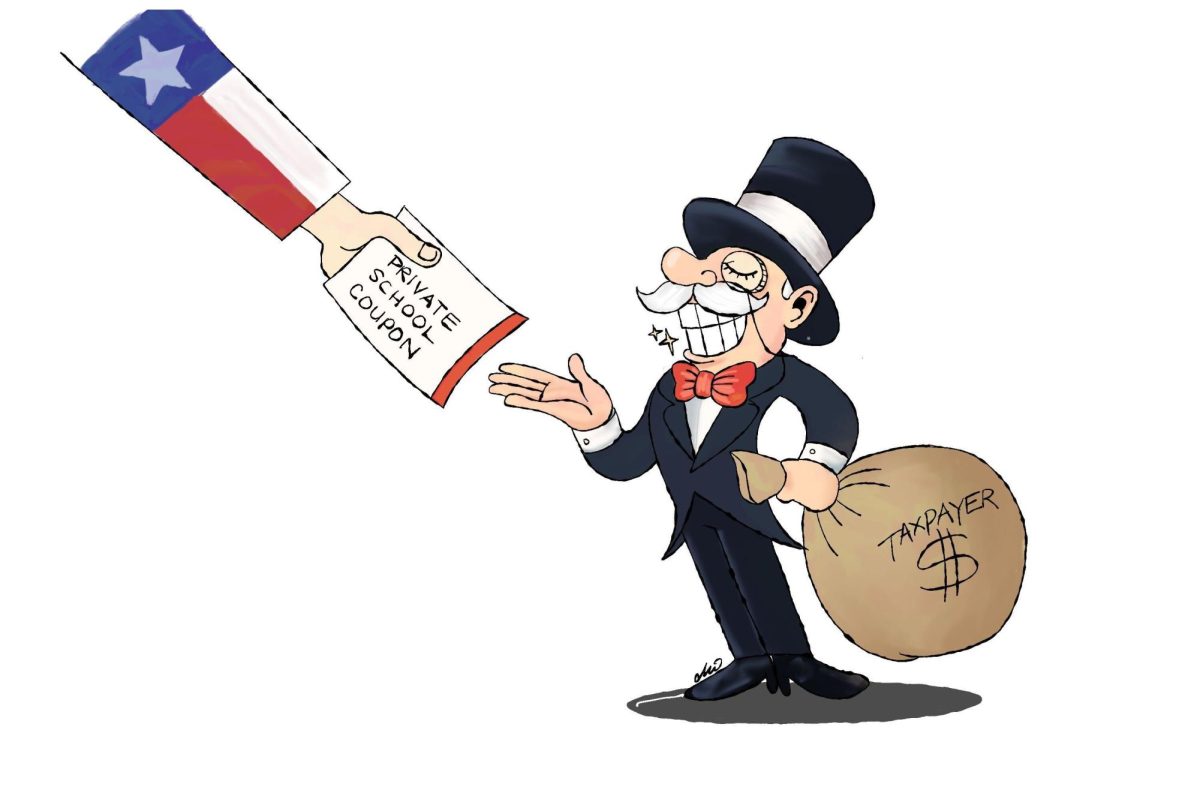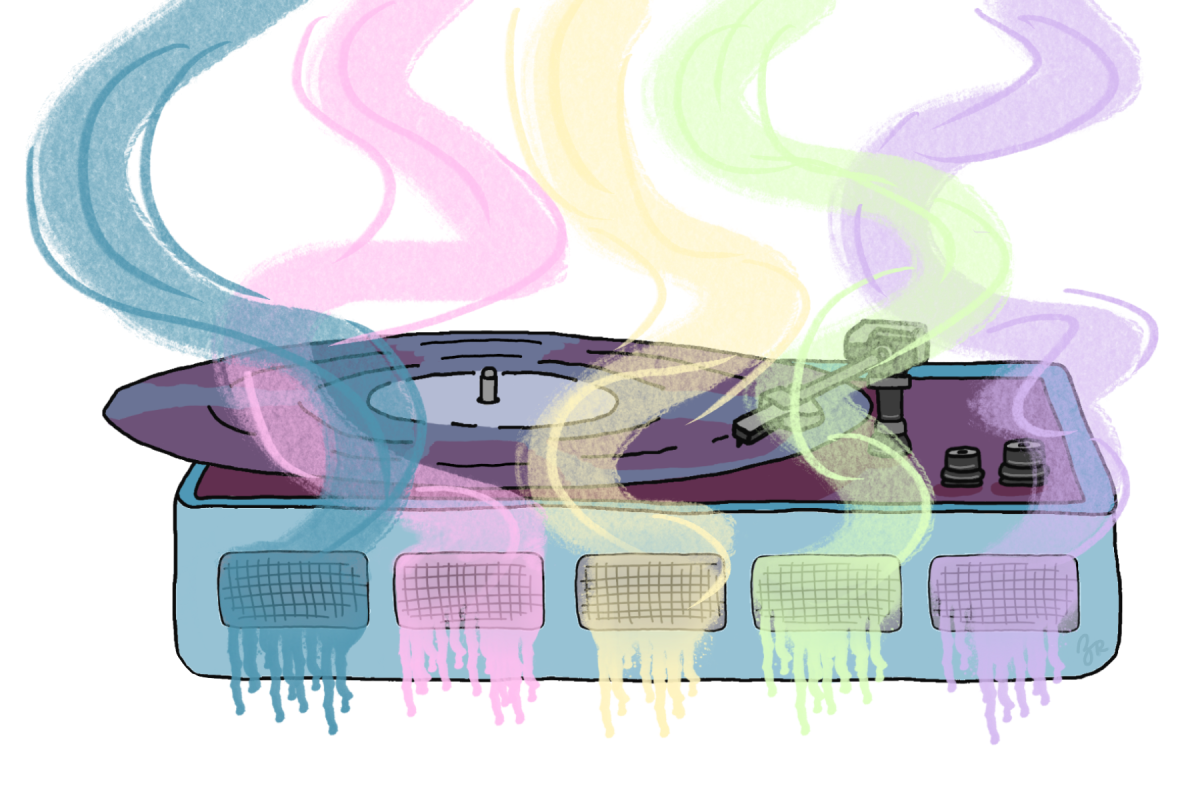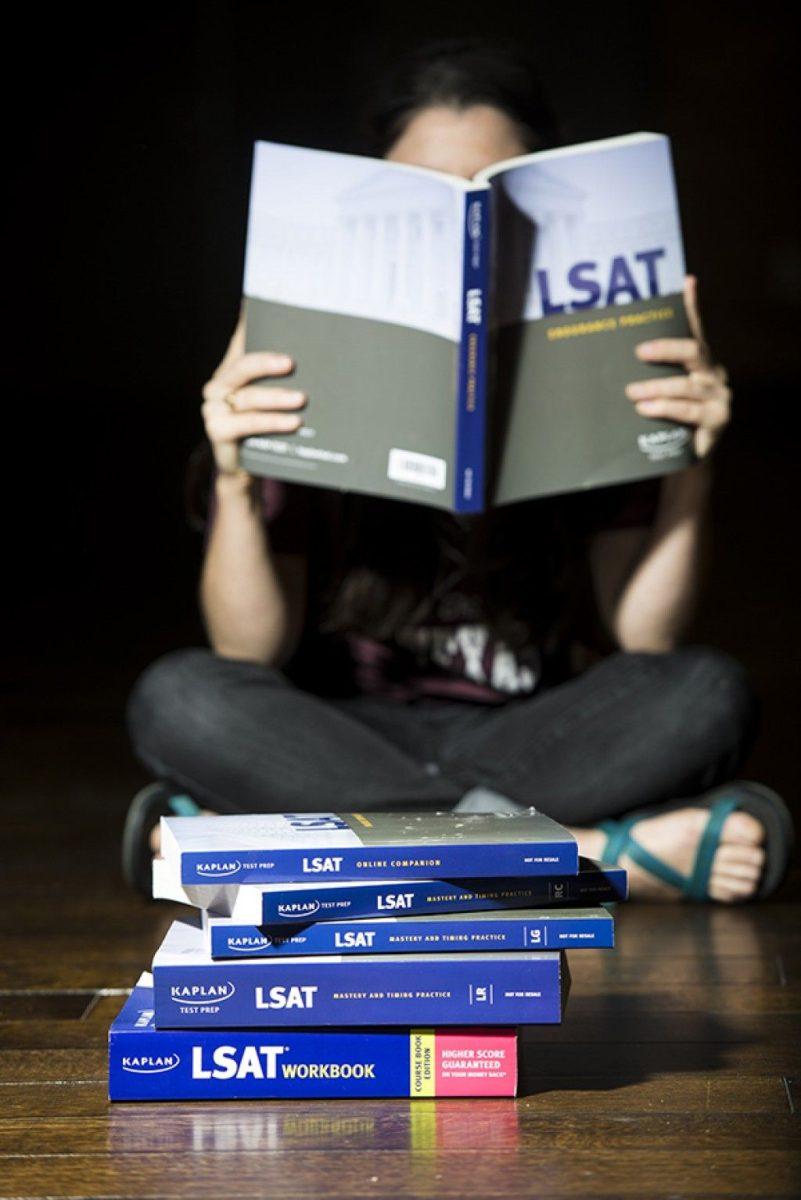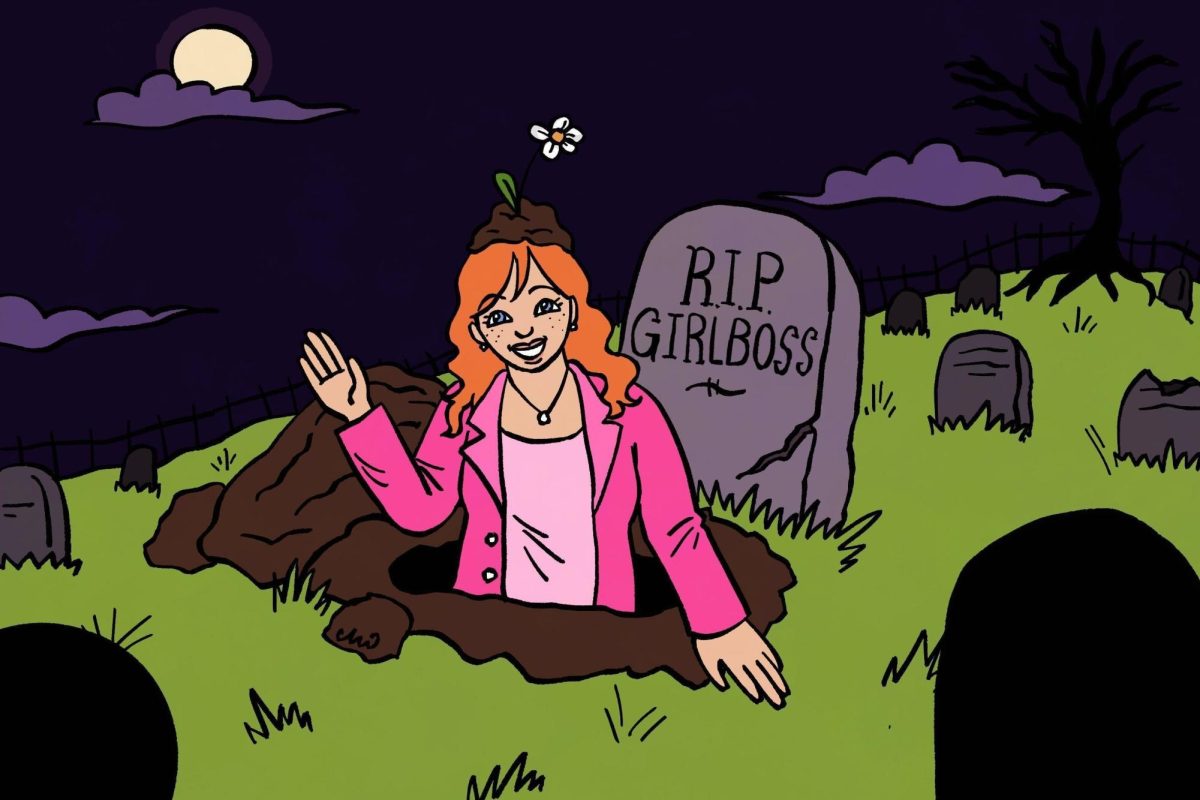When Taylor Swift sent a letter to Apple Music, the new streaming alternative to Spotify, earlier this week demanding them to change their payment policy during the user’s three month trial period, I was peeved. The letter was concerning the fact that Apple was choosing not to pay the artists, writers or producers during the trial period.
The letter, displayed on Swift’s Tumblr page, said, “These are not the complaints of a spoiled, petulant child. These are the echoed sentiments of every artist, writer and producer in my social circles who are afraid to speak up publicly because we admire and respect Apple so much.”
Last year, Swift pulled her album from Spotify as well. Swift’s reasoning is that she believes musicians are making art, and that art is valuable. I totally agree. However, I don’t quite understand why Swift is being such a bleeding heart over a miniscule part of her earnings when she makes so much more in touring, merchandise and endorsement deals. According to Forbes, Swift has a net worth of $200 million and it seems silly that she would go through all this trouble just because she won’t get the maximum amount of money out of her latest album “1989.”
On the other end of the spectrum, take an up-and-coming artist like Chance the Rapper, who just released his second free album, “Surf,” on iTunes. Chance comes from a profusion of starving artists who wish to share their music rather than sell it. Back in 2007, Radiohead, who was once arguably considered the best band in the world, let fans choose what they would pay for their seventh studio album. Arctic Monkeys created a fan base out of thin air using MySpace to share their music for free, yet still had created the fastest selling debut album in British history. Even the experienced band U2 gave away the album “Songs of Innocence” that was forced down our throats and appeared downloaded on our iPhones without consent.
Taylor Swift broke out on the country pop scene when she was a teenager and found success fast after her debut album took off and experienced much radio play. She didn’t have to grind through her 20s, sleep on friend’s couches and see what it means to have the fear of releasing a bad career-ending album. She was lucky. Now she has the power to change one of the biggest companies payment policy with one letter.
Taylor’s argument to Apple where she says, “We don’t ask for free iPhones,” concerning Apple asking artists to share their music for free is completely invalid to me. It’s an invalid argument to me because an iPhone that took years to design and get on the market is not equivalent to the song “Shake it Off” that took three writers to create and accompanies a music video that contains twerking.
I agree with Taylor Swift that music should be cherished and artists should be respected. From a college student’s point of view, free music is like finding free food on campus. It seems odd to me that an artist whose fan base is composed mostly of my peers would force us to scrounge up money and go buy their album at Target. I respect artists and I couldn’t live without music. But, I respect them more when they give back to the fans. Music is supposed to be shared between people; it is not supposed to be used as a threat.




